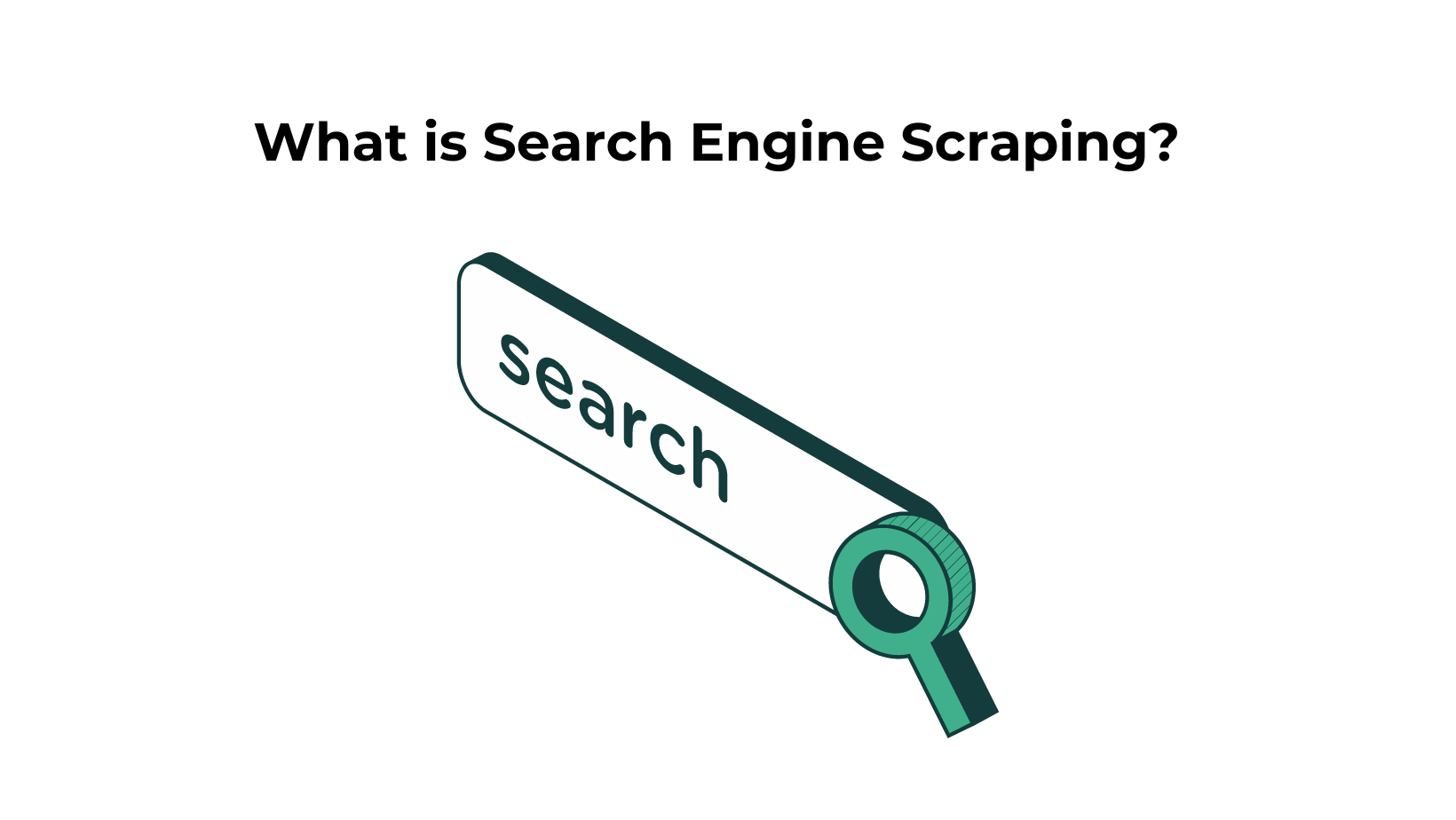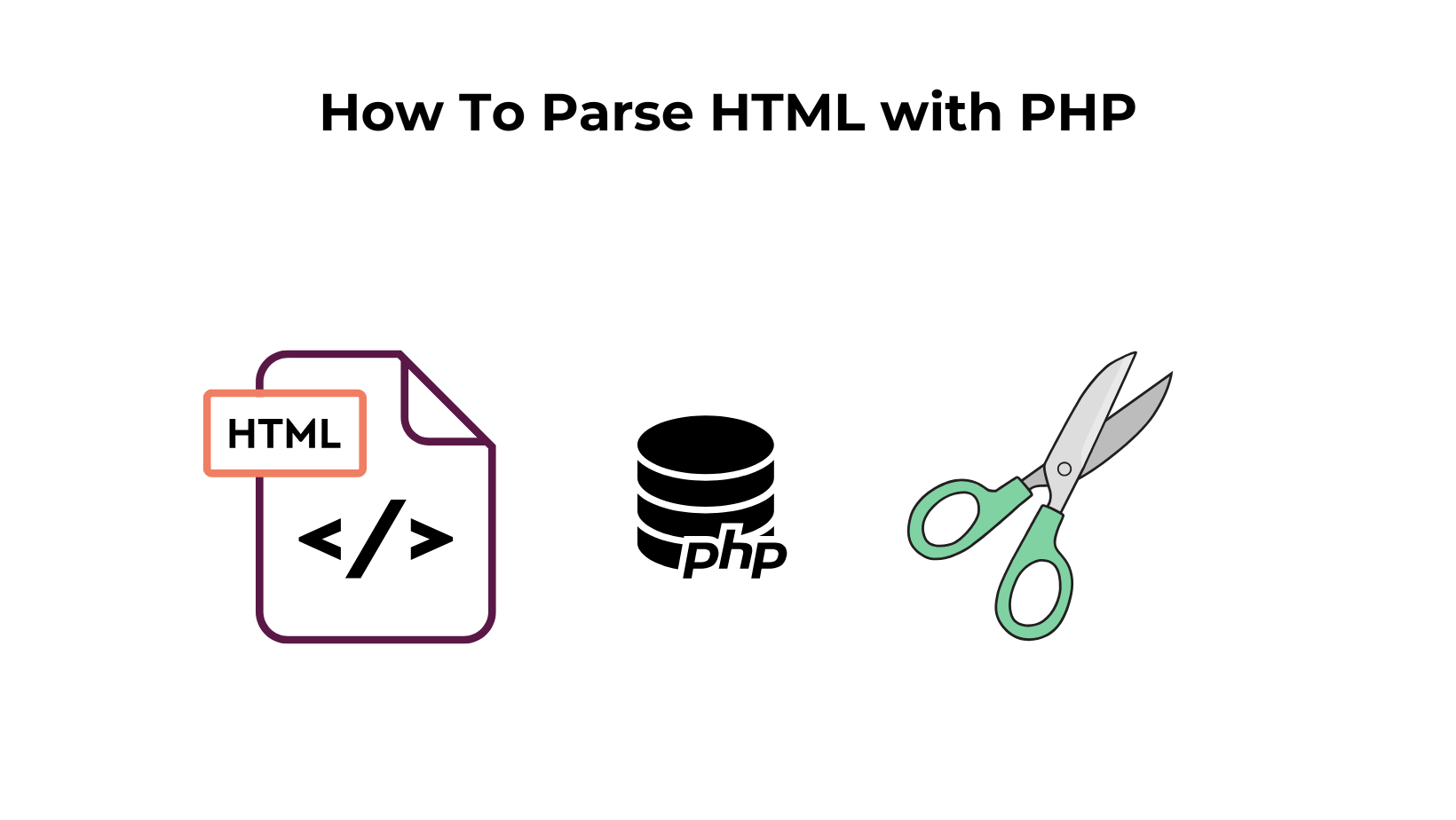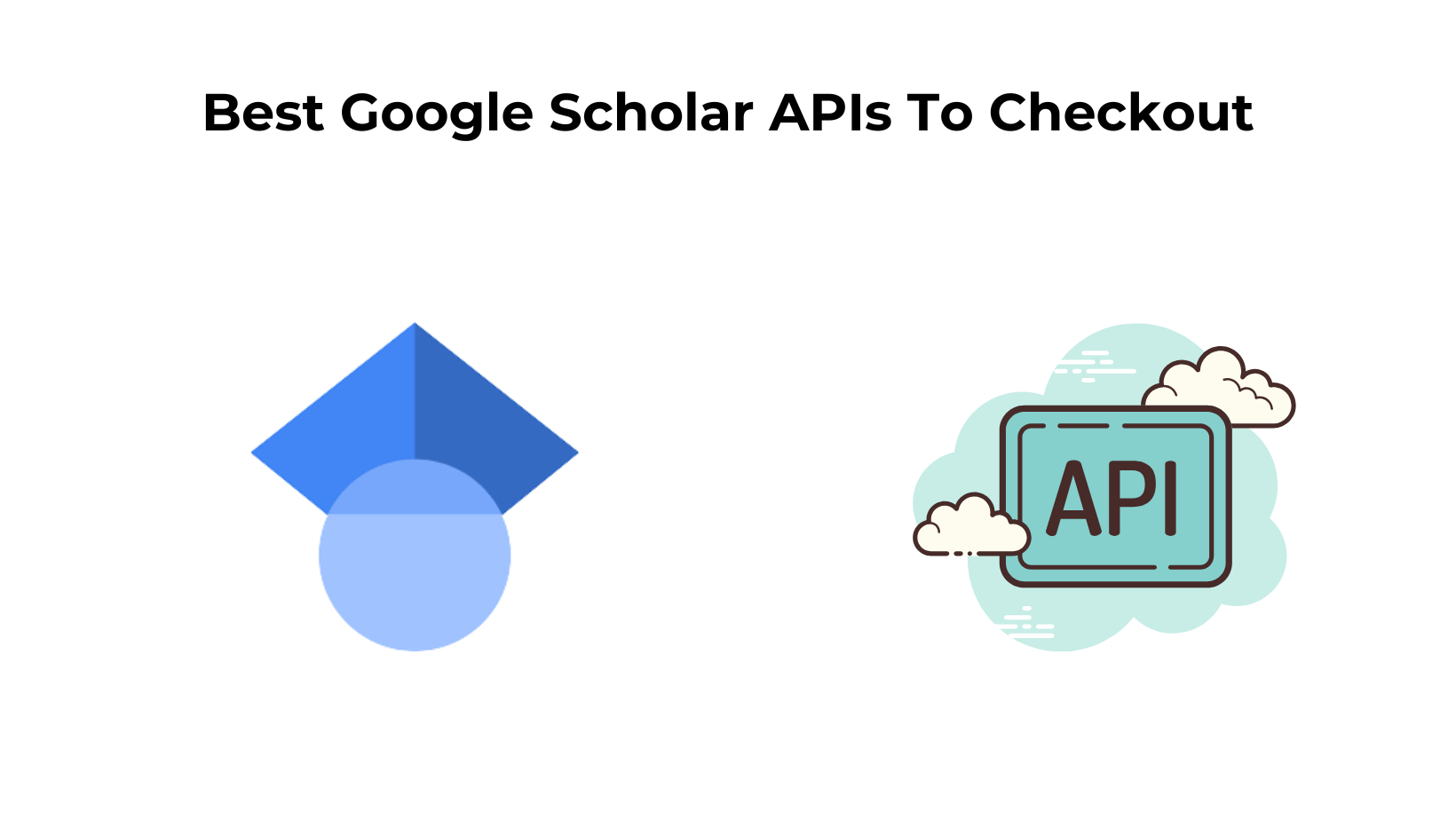Every decision today is backed up by data, & therefore the value of data cannot be understated.
Unless you are informed in advance, you can’t make a wise decision for your business.
And what’s the best way to get the data?
Scraping the search engines!!
A recent research study revealed that the search engine giant Google contains over 100,000,000 GB worth of data.
That’s an enormous amount of data! In this read, we will look into what search engine scraping is, the legal side of it, and the challenges it brings.
If you are looking to scrape Google or other search engines for that matter, we would also guide you through the best way to do it.
Let’s jump in!
What is Search Engine Scraping?
In layman’s terms, web scraping is the process of extracting data from a particular source, however when we scrape or extract data from search engines then the process is referred to as search engine scraping.
This data extracted can be analyzed and used for various purposes. Now to extract this data, you can go the old-fashioned way of manually extracting it.
However, extracting large volumes of data manually is not possible, and or error-prone unless you are a super human!!🤪
We will discuss the ways & tools to harvest this data later in this read, however, first let’s see what type of data you can extract from search engines.
Data Types You Can Extract from Search Engines
Search engines offer a wealth of information in various formats. There are separate sections made for each as you would often see on a Google search page. ⬇️
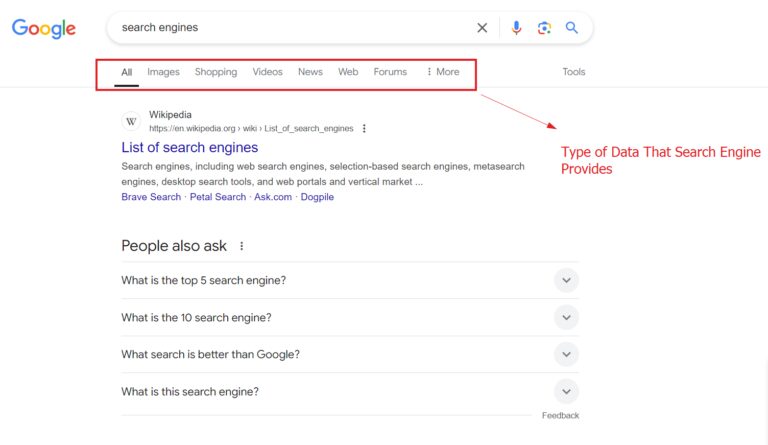
The data extraction process can be done from search, News, Images, Scholar, Jobs, etc.
So, scraping search engine results isn’t the only route you could take. You can expand your research by extracting data from other types too.
Next, we will discuss where you can use this data!
Use cases of Search Engine Scraping
SEO And Digital Marketing
SEO is one of the mainstream channels for most of the businesses. According to a study conducted, it generates 34% of the qualified leads for B2B businesses.
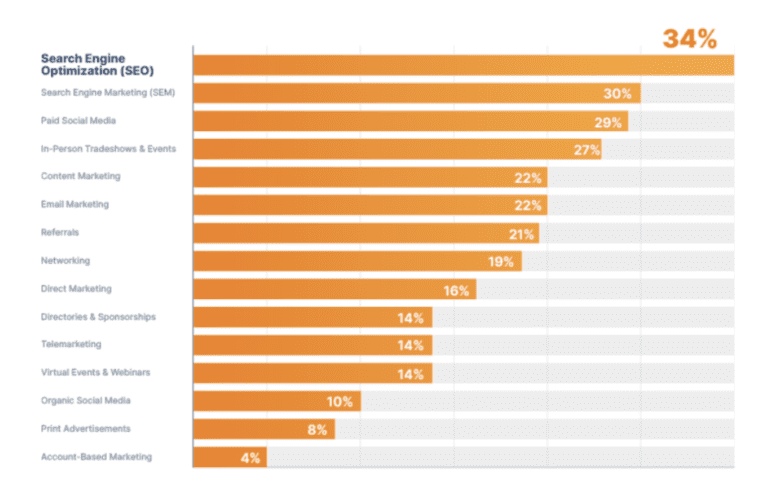
By extracting data from SERPs, businesses can analyze which competitor websites rank higher for keywords and understand the factors contributing to their success.
This information is crucial for developing effective SEO strategies, including keyword optimization, content creation/optimization, and link building.
Additionally, digital marketers can use this data to craft more targeted and effective advertising campaigns, understanding what content resonates with audiences and how to position their brand effectively in the domain.
We recently made a Google Sheet Rank Tracker by scraping search engine data .
You can also check out our detailed article on best rank tracking APIs, wherein I have tested the mentioned APIs on 5 parameters.
Lead Generation and Sales Intelligence
Search engines can play a significant role in generating leads. Scraping Google Maps of your target potential customers can give you the phone numbers. Similarly, there are other Google products you can web scrape to generate leads.
Learn More: Web Scraping for Lead Generation
Brand Protection
Building a brand from the ground up is a considerable achievement, and naturally, protecting its reputation is of utter importance. Today threats to your brand’s image require serious attention and proactive measures.
Many companies utilize search engine scraping to detect instances of brand misuse or imitation. This technique is particularly effective in identifying unauthorized use of proprietary business elements, such as images or videos, by competitors or other entities.
There can be many more use cases, however just to give you an idea we explained the above use cases.
Is scraping search engines legal?
Yes, the data offered is enormous, however, is it legal to scrape these search engines?
In general, extracting data from any platform is legal as long as you are extracting publicly available data.
You would be surprised to know that Google itself does web scraping to collect data and index it.
So how it can be illegal if Google itself is doing it?
Different platforms have set different laws against scraping. For example, we recently wrote an article on whether scraping LinkedIn is Legal or not.
A general rule of thumb again is that if it is the data is available to everyone, it is scrapable!!
But Google doesn’t want you to get its data very easily. Therefore it imposes some challenges, which we have discussed in our next section
Challenges of Search Engine Scraping
A key issue lies in search engines’ difficulty differentiating between beneficial and harmful bots.
As a result, legitimate web scraping activities are frequently misidentified as malicious, leading to unavoidable obstructions.
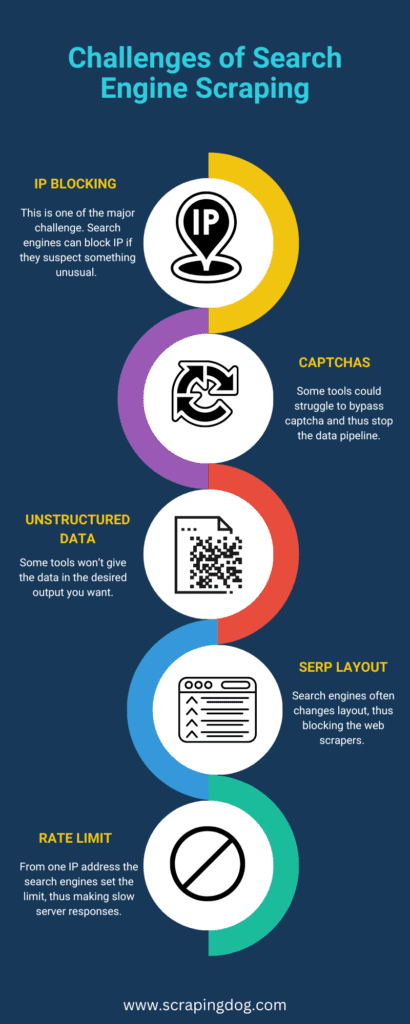
IP Blocks
One major obstacle is the risk of IP blocking. Search engines can easily detect a user’s IP address.
During web scraping, a large number of requests are sent to servers to retrieve needed information.
If these requests consistently originate from the same IP address, search engines may block it, perceiving it as non-human traffic. This necessitates careful planning to avoid IP-related issues.
CAPTCHAs
CAPTCHAs represent another prevalent security measure. Search engines throw CAPTCHAs when their system detects unusual or bot activity.
Standard tools struggle to bypass CAPTCHAs, often leading to IP blocks & stopping your data pipeline.
Dealing with Unstructured Data
Successfully extracting data from search engines is just the right start. However, the real challenge lies in handling the fetched data, especially if it is unstructured and difficult to interpret.
Therefore, it’s crucial to consider the desired data format before choosing the right search engine scraping tool.
The utility of the scraped data hinges on its readability and structure, making this an important factor in your scraping strategy.
Frequent Changes in SERP Layouts and Algorithms
Search engines frequently update their algorithms and change the layout of their result pages. These updates can significantly impact scraping efforts, as existing scripts or tools become unusable overnight.
Keeping up with these changes requires constant monitoring and quick adaptation of scraping tools and techniques.
Businesses must invest in agile and adaptable scraping solutions capable of quickly responding to these changes to maintain uninterrupted data collection.
Rate Limiting and Throttling
Another challenge in scraping is rate limiting and throttling implemented by search engines. These mechanisms limit the number of requests an IP address can make within a certain timeframe. Exceeding these limits can result in temporary blocks or slowed responses from the server.
Effective scraping requires a strategy that either rotates IP addresses or schedules requests in a manner that respects these rate limits, thereby avoiding throttling and ensuring continuous data access.
Read More: Web Scraping Challenges You Need To Know
Tools to Scrape Search Engines
There are a couple of ways to extract search results. The very basic way would be to do it manually, however, this method is time-consuming, is prone to make mistakes, and is not scalable, as I told you at the beginning of this section.
Further, there are no-code readily available tools, these tools can be used by someone who has zero experience in scraping. These tools have some limitations, that can be overcome by using a Web scraping API.
Although some programming background needs to be there to run APIs, they are a great way to scale the process of scraping search results. For scraping Google search results, Scrapingdog provides a Google Search Result Scraper API, the output you get is in JSON format. To test it, we have kept the 1000 credits free.
Conclusion
Search engines are indeed a great source of information. The value they can provide is immense.
Tools built for this specific purpose can scale up the process for you.
Scrapingdog provides you with dedicated APIs for scraping specific platforms & we do have dedicated APIs for scraping Google Maps, Google Lens & Scholar.
We also provide web scraping as a service too, you can contact us at [email protected] with your specific needs
Happy Scraping!!
Additional Resources
- 6 Best Rank Tracking APIs
- Scrape Google Search Results using Python
- Scrape Google Autocomplete Suggestions using Nodejs
- Scrape Google Jobs using Nodejs
- Web Scraping Google Patents using Python
- Scraping Yahoo Search Engine Results using R
- Scrape Google Shopping Results using Python
- Scrape Google Images using Python
- Scrape Bing Search Results using Python
Web Scraping with Scrapingdog

